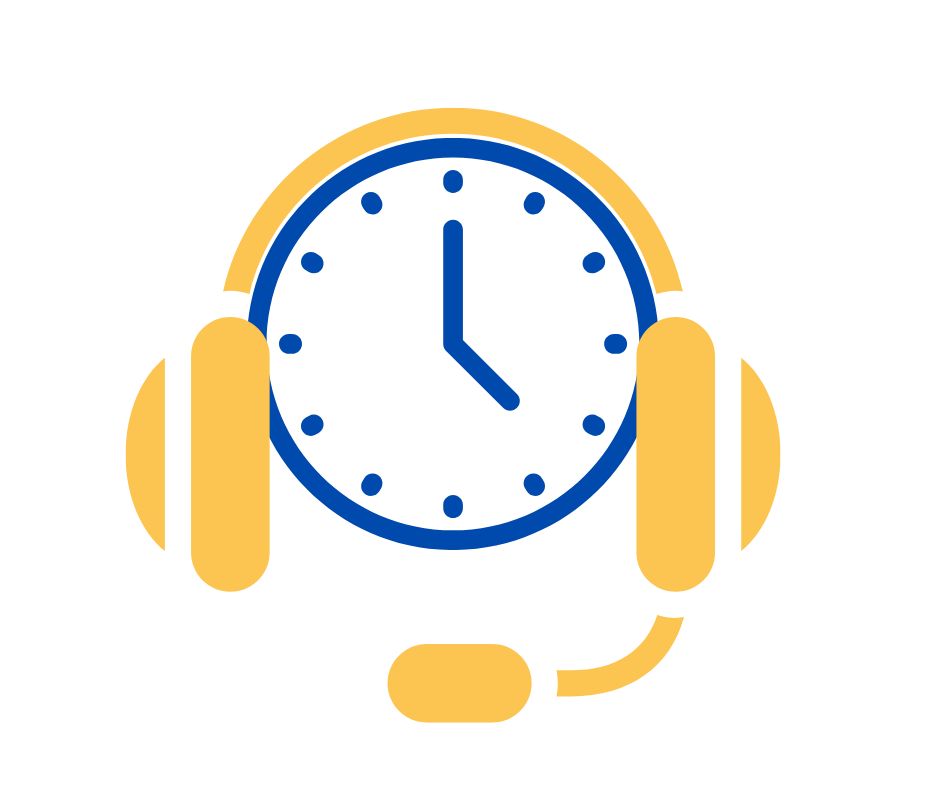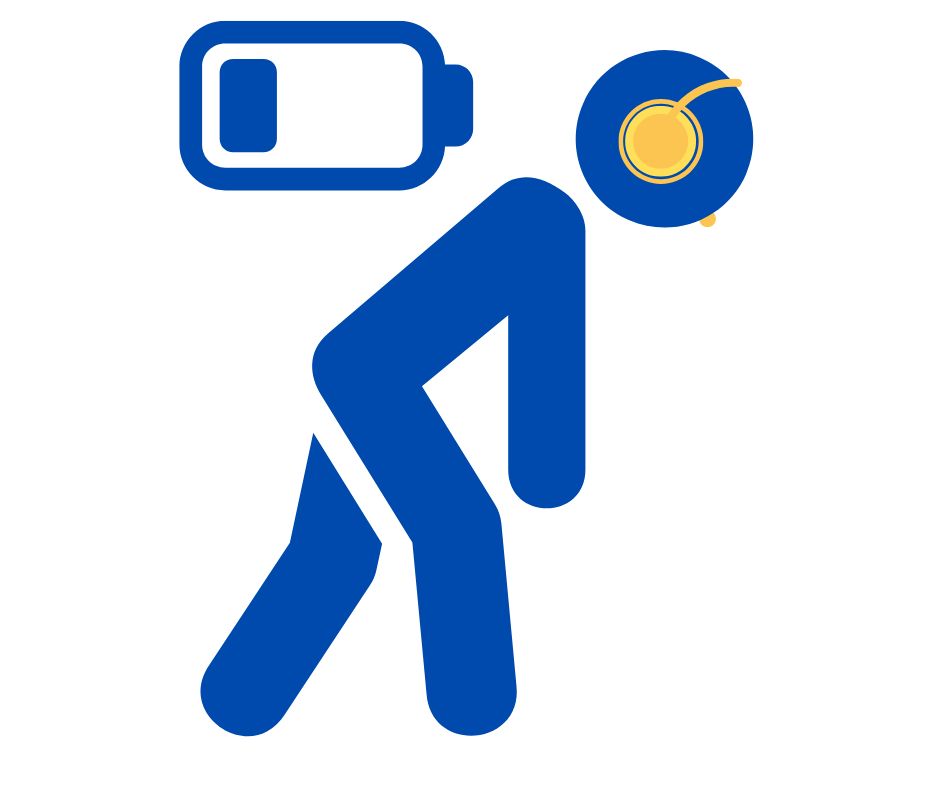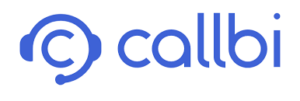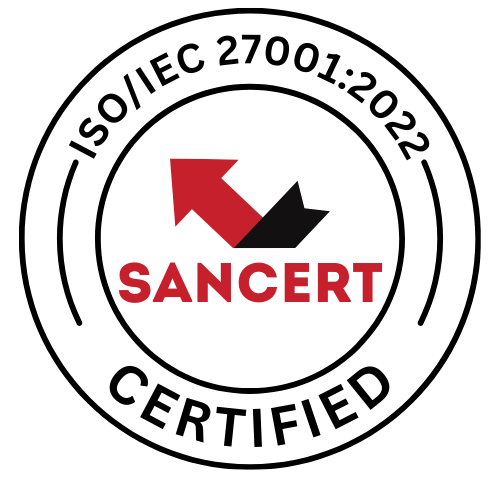The potential impact of straightforward strategic practices in your contact centre
Max Euwe, a high school mathematics teacher from the Netherlands, was an amateur in chess for most of his career. He could only play competitive chess during school holidays, so his opportunities for international chess games were very restricted. Max Euwe, however, left everyone speechless when he toppled the great Alexander Alekhine in 1935 to become world champion for 2 years. [3]
They played 30 games in 13 different cities over 80 days to determine who would be the world champion, and Euwe’s preparations were very thorough. While studying Alekhine’s games, he noticed that he tended to over-press where he was equal out of the opening. He therefore developed a serious opening set that he called the “Titanic”. Euwe is remembered as the only person who ever managed to take the title from Alexander Alekhine. [2]
He was one of the first players to study chess openings in a scientific manner. He was known
for his logical approach and for his knowledge of openings, in which he made major contributions to chess theory. [1]
By studying moves, Euwe knew how to win in many different ways, both strategic and tactical. Can such a logical approach help a contact centre to raise their CX and become more efficient in some straightforward ways?
Let us consider a few scenarios where this systematic, logical approach and knowledge can impact your call centre CX. We will discuss the following:
- Plan ahead: Impact CX with knowledge
- Winning Moves: Two Practical Case Studies
- Logical approach: Set up a Calibration schedule
- Checkmate: Keep Playing the Long Game
1. Plan Ahead: Impact CX with Knowledge
Similarly to the inspirational Euwe, contact centres can use knowledge about their own performance to improve their game.
This knowledge comes from the call data that you already record and have.
Your call data can be used in various ways to plan ahead of which four ways will be discussed in this section:
- Training agents to think ahead with their call data
- Use data to boost CX and reduce call handling time
- Look out for agent fatigue in call data
- Use call data to set goals


a. Train Agents to Think Ahead with Their Call Data
Just as every mountain trail offers unique challenges, South African contact centres face the complexity of multilingual conversations.
And like skilled mountaineers, your agents need the right tools and insights to reach the summit of customer satisfaction. Callbi thrives on these diverse paths, guiding you to take steps in the right direction.
b. Use data to boost CX by cutting handling time
No one enjoys long repetitive calls. Speech analytics pinpoints bottlenecks that drag out a call. Sometimes it might be an overly complex authentication process or an agent script that doesn’t address the client’s real question. Speech analytics insights help you fix those issues and reduce your average handling time.


c. Look out for agent fatigue in call data
High call volumes can impact agents’ well-being. Post-call keyword analysis can identify trends in language associated with frustration. This data can help inform support strategies, workload adjustments, and training, contributing to higher morale, better customer experience, and improved compliance, as stressed agents are more prone to errors.
d. Use call data to set goals
Pick measurable targets to improve on in your call centre. Track this using Speech Analytics data to determine whether you’re on the right path. For instance, you might want to lower your average handling time by 30 seconds within three months. Or you might need to hit a near-perfect compliance rate. You can see where you need to adjust by comparing actual outcomes with your targets.

2. Winning Moves: Two Practical Case Studies
Speech analytics greatly affected the performance of the two call centres below. Let us see how they used their knowledge to plan their next moves.
1. Debt Collection Centre overhaul
A debt collection contact centre faced multiple operational flaws. Compliance was lax, customer satisfaction scores were low, and agent turnover was high. Data was inaccurate, and debt recovery rates were weaker than expected.
They introduced speech analytics to track calls and highlight possible compliance risks. This helped them confirm if agents had shared mandatory disclosures. Call analysis identified forceful words in their agent’s scripts and call guides.
The promise-to-pay rate increased after adjusting scripts and training agents to speak more considerately.
Technology integration helped them spot RPC or right-party connections faster.

The result was a noticeable improvement in their agent performance metrics and fewer compliance penalties.
2. Retail Contact Centre Service Refresh
A retail contact centre had trouble keeping track of customer feedback.
Service delivery was not consistent, and privacy rules were not always followed. Managers knew they needed a tool to analyse calls and identify improvement areas.
After rolling out speech analytics, they noticed repeated reasons for complaints—some related to product returns, others involved shipping delays. They used these insights to train agents and establish better processes. Over time, service scores went up.

Another benefit was contact centre compliance. Speech analytic insights flagged any mention of confidential data that wasn’t handled properly. That gave them a chance to fix problems and avoid reputational risks.
These examples highlight a key point: data reveals patterns in compliance and customer interactions, which helps you create a better environment for both agents and clients.
3. Logical approaches: Set up a calibration schedule

Speech analytics systems need to be calibrated from time to time. Language isn’t static—slang appears, regulations change, and new products come into play. A well-organised calibration schedule will keep your system accurate.
This involves updating keywords, adjusting confidence levels, and validating the software’s results through random checks.
By keeping the system aligned with the latest data, you won’t miss important shifts in your contact centre environment.
4. Checkmate: Keep Playing the Long Game
Speech analytics supports you in making more thoughtful moves, from identifying compliance pitfalls to zeroing in on the true causes of customer complaints. This is more than a gadget for large corporations. Smaller or mid-sized contact centres also benefit. The technology can be scaled based on your needs and integrated with existing tools, including telephony, recording or CRM platforms or ticketing systems.
It is a smart investment and a universal fit, regardless of whether a few thousand calls or millions are conducted. It helps you identify opportunities for improvement in customer experience and compliance by evaluating past calls, uncovering trends, understanding customer pain points, and pinpointing areas where

compliance might be vulnerable.
Callbi Speech Analytics helps you win the long game by enabling you to use knowledge and strategy like Euwe did.
Contact us today to see a demo of how speech analytics can enable you to use the knowledge from your call data to plan ahead, use winning moves and a logical approach, and win the long game.
[1] Remembering Machgielis “Max” Euwe on his 121st birth anniversary,Chessbase: Chess News, Eugene Manlapao, 29 May 2022
[2] Max Euwe
[3] All The World Chess Champions Nathaniel Green, 17 Dec 2024
* This article is also inspired by insights from the ebook Compliance and Quality: Speech Analytics’ Role in Redefining Contact Centre Operations.


